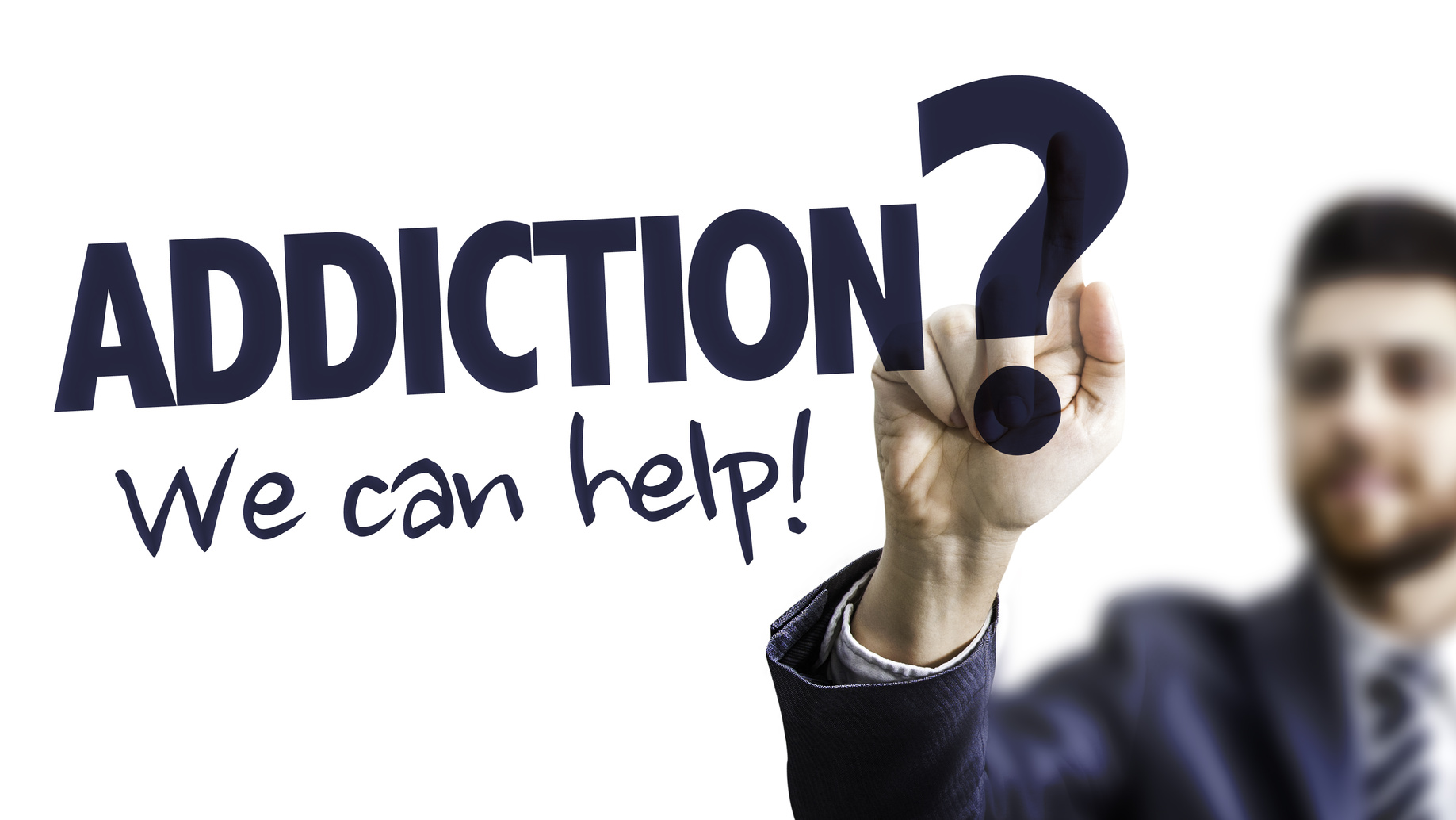Recent studies show that over 23.5 million Americans struggle with addiction.
As an addiction treatment center, you want to get those people the help that they need to take back control of their lives. However, additional studies show that only about 11% of addicts needing treatment actually make it to a rehabilitation center.
This lack of help is a huge reason why there are currently close to 100 deaths every single day due to drug addiction.
When you hear statistics like these, it’s only natural to want to get the word out about your treatment center as fast as possible. You may even consider resorting to hyperbole or dramatic statements in order to convince people to seek treatment.
However, false claims, misinformation, and guarantees do far more harm than good.
In this post, we’ll discuss the role of ethics in addiction treatment marketing. Save more lives and help people get clean the right way.
The Role of Ethical Addiction Treatment Marketing
The National Association of Addiction Treatment Providers has an important section of their website devoted to establishing a code of ethics in relation to addiction treatment advertising.
Some of the rules, like the fact that no one should receive financial compensation for referrals, are (hopefully) easily understandable.
However, others such as the exploitation of a client’s right to privacy when it comes to the creation of marketing materials, are a bit less straightforward.
How can you show a picture indicating the effectiveness of your group therapy sessions if you can’t include the patients participating? How will this impact what you can and can’t do when it comes to displaying testimonials on your website?
These are common questions and conundrums.
Now, let’s talk about what you should do — and more importantly, what you ought to avoid — in your own addiction treatment marketing.
What Not To Do
Now, let’s discuss the unethical addiction treatment marketing tactics you absolutely must avoid when advertising your treatment center.
First, as tempting as it may be to do so, don’t start by trash-talking other popular treatment centers. Keep in mind that each patient is unique — and so they’ll need to find the specific type of treatment that works best for them.
Yours may or may not have the specific treatment options, mission statement, or simply style they’re looking for.
Should you choose to link to any other sites or treatment centers (include therapists or psychologists) that you own or have a personal/professional relationship with, make sure you disclose this on your site.
In terms of testimonials, never publish them without asking for a past client’s permission first. Also, always ensure that you’ve taken all the possible steps to hide that person’s identity. Use only their first name, or change it altogether (making sure to indicate that you’ve done this on your site.)
Finally, under no circumstances should you exaggerate data relating to relapses, retention rates, and long-term success. This is directly misleading your potential clients, and could have serious legal consequences in addition to being an ethical disaster.
What To Do Instead
Now that you know the things to avoid, let’s focus on the positives when it comes to your addiction treatment marketing.
First off, when you’re writing, be sure that you communicate in a tone that’s judgement-free and accepting. This means you need to make it clear that your treatment center is welcome to those from all walks of life, races, genders, and sexual orientations. You don’t want to be accused of potential discrimination.
It’s a great idea to work with a “sensitivity reader” — someone from a marginalized background you’re not a part of — to ensure you’re getting things right.
Also, make sure that you list your professional qualifications, certifications, education, and experience clearly on your website. This shouldn’t be something that potential clients have to jump through countless hoops to find.
Either include this information on your homepage, or have an obvious drop-down menu option so clients can quickly access it.
This information shouldn’t only be about you/the founders of your treatment program. It should also cover the professional backgrounds of those who work at your facility.
In addition to promoting professionalism and transparency, this information may make addicts who are skeptical or nervous about treatment feel more welcome.
Empower the Patient
Finally, make it clear that addiction isn’t something you can fix overnight. Be upfront and honest about the expectations and rules you’ll place on those who enter your treatment facility.
Make sure your potential patients realize that they’ll need to play an active role in their treatment and healing — as well as to contribute to the community atmosphere.
In addition to having this information clearly displayed on your site, you might also want to consider getting a blog.
Not only will this help your treatment center rise in search engine rankings and create content that can be shared on social media.
It will also ensure that your patients get a sense of how daily life works in your facility. They can get more in-depth information on the methods you use, the way your therapy works, and how you offer personalized attention.
Especially in the eyes of an addict, having as much information as possible about what goes on at your treatment center will help to empower them, instead of overwhelming them.
They’ll likely find that the experience is far less intimidating and much more supportive than they initially thought.
How Else Can You Promote Your Addiction Treatment Center?
The good news is that there are countless ways to promote your treatment center without violating any ethical codes or privacy laws.
You just need to know where to look for them.
That’s where we come in.
If you need an ethical way to get more clients, raise awareness about your practice or treatment center, or simply rank higher in search engine results, we can help.
Get in touch with us today to learn more about the wide variety of SEO services and addiction treatment marketing strategies we offer.
Together, we can ensure addicts and others needing treatment get the help they need.



